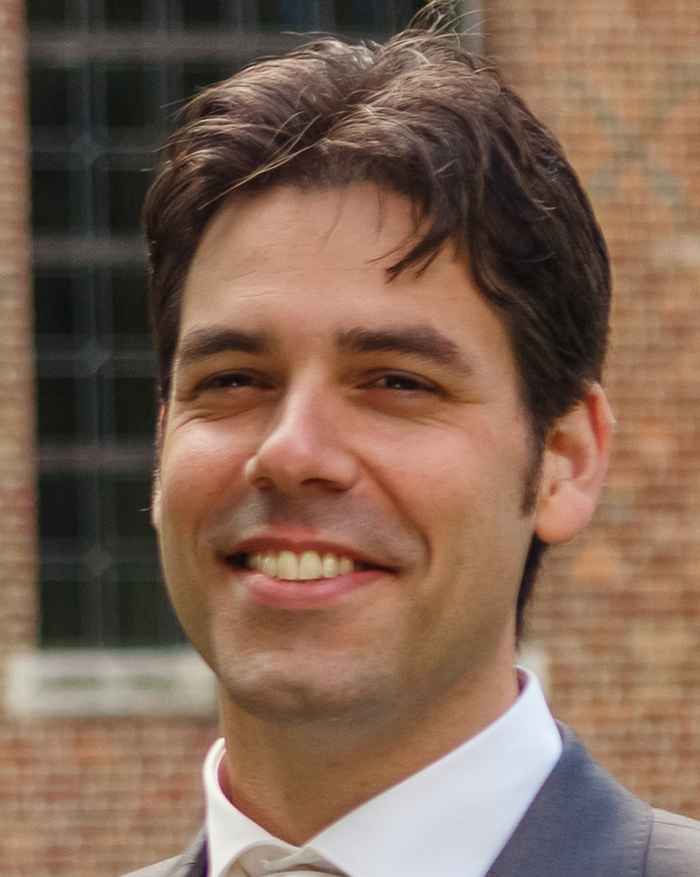Vidi grant for Tiddo Mooibroek
Supramolecular catalysis for carbohydrate synthesis
13 May 2016
Carbohydrates are the most versatile class of biomolecules and play an important role in many malignant biological processes such as diabetes, infection, and cancer metastasis. Research aimed at intervening in these processes therefore depends on the availability of complex carbohydrate molecules.
The current synthesis methods for these molecules are based on the use of fragile enzymes or require multi-step organic synthesis. This often renders them time-consuming and poorly adapted for large-scale production.

With his VIDI grant, Tiddo Mooibroek aims to improve this. He plans to develop supramolecular catalysts that can selectively and in one-pot derivatise carbohydrates.
Catalytic cages
Mooibroek's initial focus will be on the conversion of D-glucose, the most abundant monosaccharide, into a range of different derivatives. Various simple available glucose-derivatives (glycosides, deoxy sugars, di- and oligo-saccharides) are many thousands or even millions of times more expensive than glucose itself.
The main challenge in the synthesis is that the hydroxyl exteriors of sugars such as glucose are chemically rather similar. To overcome this Mooibroek has designed molecular cages that are functionalised with a catalytic group. These supramolecular catalysts are designed to bind sufficiently strong and specific to a carbohydrate. When bound, one part of the sugar’s hydroxyl circumference will be shielded while another part will be left exposed to the catalytic site to allow for selective chemical conversion.
Endless possibilities
The possibilities of Mooibroek's catalytic concept are virtually endless since the cages can be functionalised with different types of catalysts: acid catalysts for glycosylation or hydrolysis; base catalysts for glycosylation, acetylation or hydrolysis; and redox active metal complexes for oxidation or reduction chemistry.

Adding to this, the importance lies not only in research and application in medicine. Carbohydrates are widely regarded as a promising future renewable feedstock for the chemical industry.
Tiddo J. Mooibroek studied Chemistry at Leiden University from 2002 – 2011, combined with Philosophy of Science at Leiden University and Vrije Universiteit Amsterdam. In 2011 he moved to Bristol (UK) for postdoctoral research and from 2014 started a research project funded by a STAR fellowship from NovoNordisk. His research interests have mainly focused on synthetic carbohydrate receptors, homogeneous catalysis, weak intermolecular interactions and on organic synthesis. Mooibroek will perform his Vidi research as part of the UvA Research Priority Area Sustainable Chemistry.